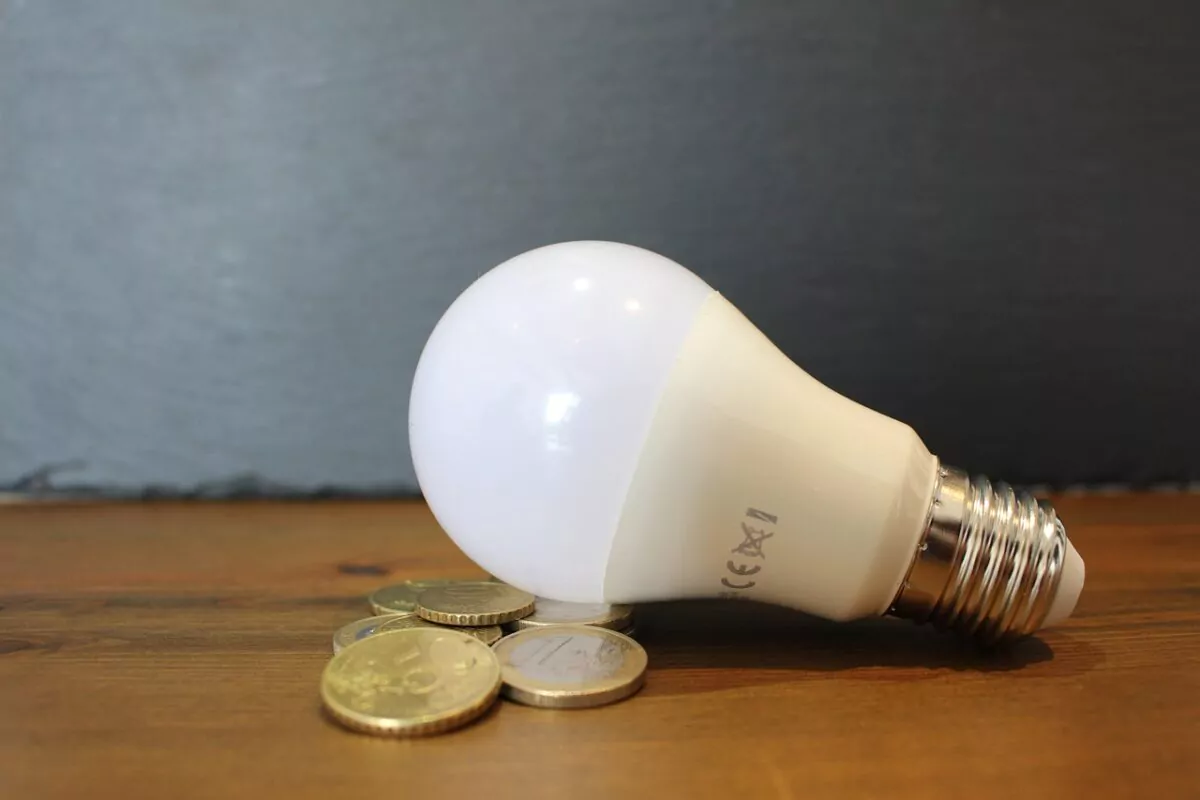The latest form of the Government Ordinance (OUG) 118/2021 voted in the Senate and currently being debated in the Chamber of Deputies, which aims to compensate utility bills, could lead to price increases or even energy shortages, as suppliers will recover their money late from the state, Agerpres writes.
Urmărește mai jos producțiile video ale Economedia:
- articolul continuă mai jos -
“It is necessary to consult as widely as possible with energy specialists before taking decisions that affect activity in the sector,” said Laurențiu Urluescu, president of AFEER.
While accepting that limiting the effects of electricity and gas price increases on end customers by offsetting some amounts on their bills is a fair method, coming to the support of both the population and companies, many of which have been severely affected by both the health crisis caused by COVID-19 and the ongoing energy crisis, energy suppliers are concerned that the way these compensations are applied will create additional problems in the energy sector.
“This is why we asked to be consulted and to participate in the debates on OUG 118/2021 in the specialized committees of the Chamber of Deputies, in order to prevent unclear or questionable aspects of this normative act”, Urluescu argued.
One of the uncertainties concerns the way in which electricity and gas suppliers will recover the amounts allocated to them. The legislation, including the version of GEO 118/2021 adopted in the Senate, is rather vague, as it is not very clear from where and when the compensated amounts are recovered.
In addition, representatives of the National Energy Regulatory Authority (ANRE) have stated that it is impossible for ANRE employees to be able to check approximately 7 million invoices every month, which is a prerequisite for the recovery of the amounts from suppliers.
An extension of the deadlines within which the money can be recovered could have absolutely negative consequences: suppliers could have liquidity problems, which could lead to the impossibility of paying invoices to distributors, transporters and producers of electricity and natural gas, as well as to the state budget (VAT and excise duties).
“A financial bottleneck in the middle of winter would be devastating for the security of the national energy system,” said Ion Lungu, executive director of AFEER.
According to him, it should be recalled that such bottlenecks have led to the insolvency or bankruptcy of major energy suppliers, both in Romania and in other European countries such as England and the Czech Republic.
Another problem concerns the postponement of bill payments by vulnerable consumers. It is not yet known who the vulnerable consumers are in order to benefit from the possibility to defer payment of their electricity and gas bills.
“Therefore, we call for an urgency in establishing these people in order to benefit from this facility and an operational communication of these lists to energy suppliers,” added the AFEER president.
OUG 118/2021 and the amendments made in the Senate to this legislation provide for a 5% margin for all market operators selling energy and an 80% surtax on the additional income made by producers resulting from the difference between the electricity selling price and the price of 450 lei/MWh.
“This surtax may lead, in the short term, to an artificial increase in wholesale prices and to a lack of energy on the market. Moreover, over-taxation, which does not take into account the real profit of a producer, may lead to the default of some of them, especially those using fossil fuels”, said Laurențiu Urluescu.
This way of taxation increases the risk to the security of electricity and gas supply in the run-up to winter. It could increase shortages on the energy market, leading to an increase in the need for imports from countries where there is no such surtax.
Unfortunately, import capacity is limited and, in addition, problems in energy supply are looming in the EU as well. In the end, this may even lead to disconnections of consumers. In the long term, over-taxation is a strong negative signal to investors, jeopardising their confidence and Romania’s commitments in the NESCAP to invest in clean or less polluting power generation capacity, partially replacing coal-fired generation.
“Support for end consumers is a beneficial decision, which we appreciate, but we believe that the authorities should limit themselves to this, without intervening in the wholesale electricity and gas market,” Lungu added.
Edited for English

 Sursa foto: Pixabay
Sursa foto: Pixabay





























